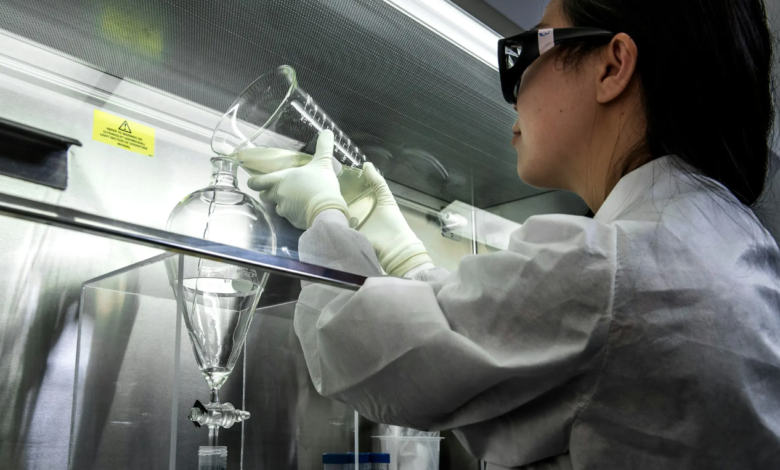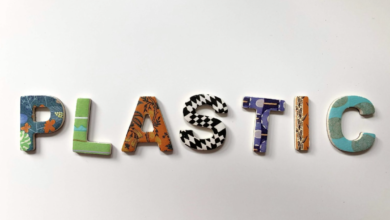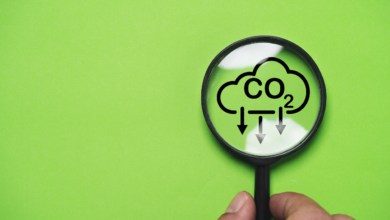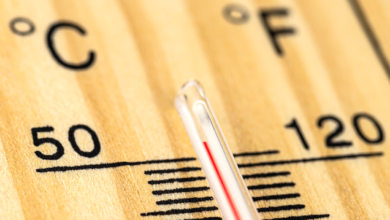With this method eliminating pollution from PFAS costs 100 times less

With lithium hydroxide instead of diamond, getting rid of PFAS pollution is cheaper
– The “secret” ingredient to combat PFAS pollution could be lithium hydroxide. This was discovered by the University of Rochester, which developed an electrochemical method to remove forever chemicals from water. PFAS are commonly found in clothing, food packaging, fire protection foams and various consumer products. The risk to human and animal health is now known. So research is running to find scalable decontamination solutions. The US university has focused on perfluoroottansolfonic acid (PFOS), a type of PFAS now banned in many parts of the world.
read also PFAS contamination strikes us even before we are born
Despite its gradual abandonment in the early 2000s, PFOS persists in the environment and water resources. The team developed nanocatalysts using an ultra-fast laser and a transdisciplinary approach, combining material science, chemistry and chemical engineering. The laser pulses in liquid allowed the nanoparticles to “explode”, then to adhere them to hydrophilic carbon conductive paper. This created a relatively inexpensive substrate with a large surface area. The researchers then successfully started the process of defluoration of PFOS substances using high concentrations of lithium hydroxide.
For the method to be scalable, they say, you need to treat at least one cubic meter at a time. The approach is innovative because it employs non-precious metals, unlike existing methods that require boron-doped diamond. The Rochester University method costs almost 100 times less.
The commercial launch is not yet on the horizon, but the team has filed a patent with the support of URVentures, the structure that protects and markets the inventions produced by the university. Applications are planned in wastewater treatment plants and contaminated sites. For now, however, a little more study is needed. At least, they explain from the team of scientists, to understand why lithium hydroxide performed so well. After that, you will look for even more affordable materials.





